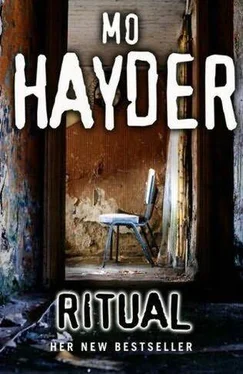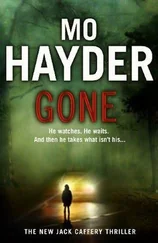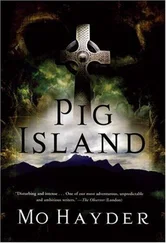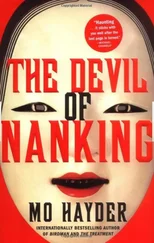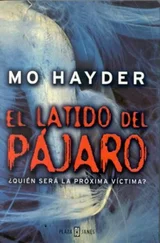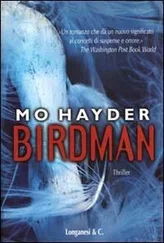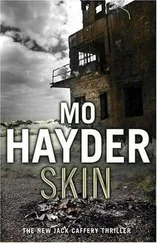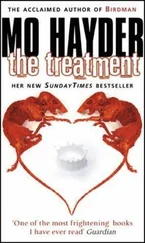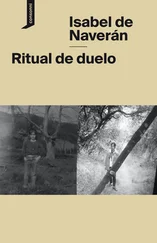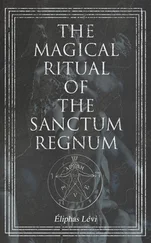Caffery drank some more, straight down, not caring about the car parked on the lane and whether he'd need to drive home. This was how farmers and workers had lived for years and there was something comforting about that. Now, with the cider in his mouth and the honest coldness of a ploughed field on his backside, he let the weirdness of the day fall away from him, let himself stop worrying about some poor bastard with no hands, dead or dying. He wiped his mouth and pulled up his knees, rested his elbows on them and leaned forward.
'What do I have to give you?' he said. 'I can't give you money and I can't see what you need.'
The Walking Man gave a wry smile. 'I need you to give me two things.'
'Two?'
'The first is I need you to tell me who it is who's come here out of nowhere, off the road like a ghost, asking me to turn my past over to him.'
'I'm Jack.' He held out his hand, straight in front of him, waiting for him to shake it.
The Walking Man didn't raise his own. 'Jack? And there's another name comes along with that one? A second name?'
'Caffery.' He lowered his hand and put it on the ground next to him, half embarrassed by it. 'Jack Caffery.'
'Jack Caffery.' The Walking Man laughed a little. 'Jack Caffery, Policeman.'
He stoked the fire and moved the cans expertly around in the bottom. A thin line of steam came from two and these he set aside in the embers. The sun had gone now and the white puffs of old man's beard caught in the top branches had taken on a blue haze, like tiny night-time clouds.
'London, then? Is that where you live?'
'No. I live here. In the Mendips.'
'But you're a London boy. I can tell it from looking at you even before you open that policeman's mouth of yours.'
'Family's Liverpool, Donegal before that — but me, yes, I'm London. And now I'm here. I got a transfer two months ago.'
'To the west?'
'Because I wanted to talk to you.'
'You could've just got an off-peak supersaver. Spent the day with me. Gone back to the Smoke where life is so much better, eh?'
Caffery gave a dry laugh.
'But that's not it,' said the Walking Man. 'Is it? There's more than just wanting to see me.'
'There's always more.'
'There's a woman?' A smile twitched under his beard. 'Jack Caffery, Policeman, don't smokescreen me. There's always a woman.'
'Was. There was a woman. Yes.'
The Walking Man watched his face, waited for him to speak. Caffery sighed. 'She wanted children. The harder she asked for it the more I couldn't. Until we get ourselves into this pressure-cooker of a life, and before we know what's happening…' He clapped his hands, sending out a puff of air that made the flames waver. 'Hey,' he said, dropping his hands and smiling. 'I suppose I didn't love her enough. But whatever happened I couldn't do it. I just couldn't have a child. Not after what I've seen happen. To children.'
There was a silence. The lights of a plane from Bristol airport rose up from the horizon and glinted, cold and silent, and both men looked at it, both maybe pretending not to be thinking about that word, 'children', and the different things it meant to them. When Rebecca had talked about having children she referred to the C-word, because she knew, for Caffery, it was one of the most dangerous words she could utter. She said that without a child the energy he was putting into life was wasted — going into a dead hole. When he asked her what that meant she'd said: 'The energy you put into finding out what happened to Ewan — the same energy you put into the job — means nothing. Absolutely nothing. It goes nowhere and creates nothing.' Which was funny, because he'd never thought of his job and finding an answer as wasted energy. But whenever he thought of a child, a family, the only thing he could imagine was something loose and ethereal, something you could lose in a second. Like trying to gather mist with your bare hands.
After a while the Walking Man got painfully to his feet. He pulled tin plates from the store under the hedgerow and brought them back to the fire. He used a stick to roll the tins out, squeezing one between his feet to hold it still while he cut into the lid with a Swiss Army knife. 'We're going to eat in a minute.' Sweat appeared on his forehead. It ran through the grime and into his beard. 'We'll eat. And then we'll talk some more.'
Caffery held the bottle between both hands and looked up at him. There was only ten years between them but, for a reason that probably had something to do with the scrumpy, this felt as natural and reassuring as looking up at a father. More, maybe. The Walking Man put food on the plates and they ate: steak pudding, little potatoes and some herbs the Walking Man had produced from a pocket. Caffery didn't know why it should be — maybe it was the cold, maybe it was the wake-up call of the scrumpy — but that meat and vegetable from burned tins tasted like the only meal he'd remember when he died. He wiped the plate clean with his fingers and licked them. The Walking Man had finished his meal and was watching him. 'Well, Jack Caffery,' he said, 'you left one woman behind, and what about now? There's no woman here? With you?'
Caffery smiled. 'No. No woman.'
'What do you do, then? For a woman?'
Caffery put the plate down and reached inside his jacket for his tobacco. A habit he hadn't broken, even after all these years. He took his time rolling the cigarette. He couldn't help the way when he heard the word 'woman' the first picture he got was of Flea on the harbour that morning, dirty-blonde hair and her arms tanned under the force's navy T-shirt. When he licked the paper he didn't raise his eyes to the Walking Man. He kept them on the lights of Bristol.
'Prostitutes,' he said. 'I go to prostitutes. Over there. In Bristol.'
'Prostitute s ? Or a prostitute?'
'More than one. I hardly ever go to the same one twice.'
'How often?'
'Not often enough.'
'How often's not often enough?'
He lit the cigarette, took a couple of draws, thinking about the bodies and the faces and the streetlights. He thought about the cold void in his chest he must be imagining women like Keelie could close. 'Once a week. Why? What do you do for a woman?'
The Walking Man showed his teeth a little, like bone, and the red edge of his tongue. 'That's over. With me that's been over since it happened. Belongs to another life. Don't miss it when you think of it being something other people do in another life.' He got to his feet and collected the plates, wiped them with a cloth and stacked them next to the ditch. He corked the cider, pushing the jar back under the hedgerow. Then he pulled out a long roll of rubber matting and tossed it into a ditch. 'It's time for me to sleep.'
'The second thing. You haven't told me the second thing you want from me.'
'In the spring I go to sleep an hour after dark,' said the Walking Man, as if he hadn't heard. 'Always have done, ever since they let me out of Long Lartin. You can stay if you want, but you don't want to sleep out here under the stars. For one thing it's cold. And for another…' He shovelled his clothing into the ditch, arranging it on the mat so he'd sleep on it and give it some of his heat for the morning. He took the sleeping-bag from where it hung next to the fire, rolled it up quickly to conserve the heat it had soaked in and laid it on top of the clothes. 'For another you won't want to sleep out in the open with me. I mean…' He clicked his tongue up behind his teeth as if he had something tasty there. 'I mean, how do you know what you'll look like when you wake up?'
Caffery stood. 'There were two things. I've done one — what's the other?'
The Walking Man came a little closer, and this time Caffery saw something infirm about him. Like a limp. Or a hesitation. 'There is one more thing you can do, Jack Caffery. And after that we can talk.'
Читать дальше
